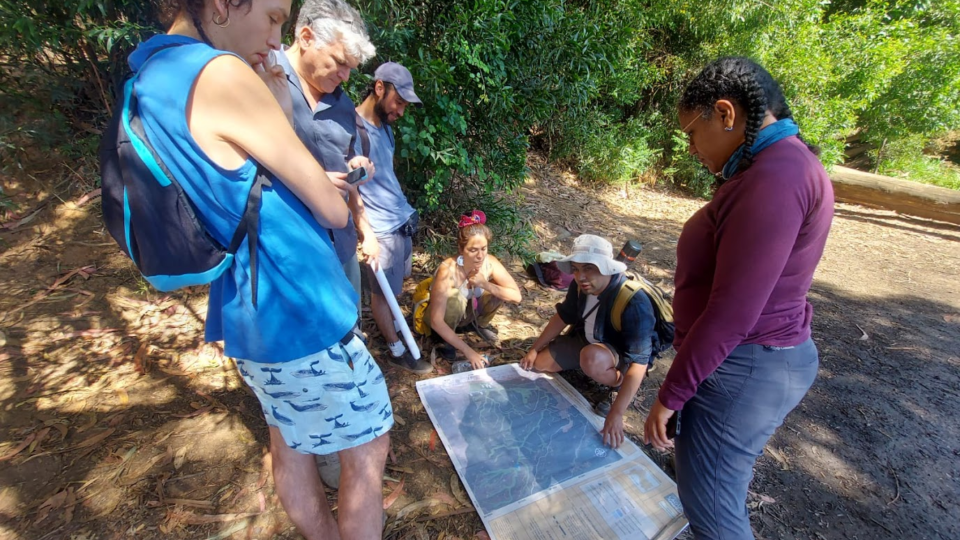Welcome Hailey Galit!
 Hailey Galit in the Everglades, Florida
Hailey Galit in the Everglades, Florida
Hailey has been contributing to the project in a number of ways, including helping us resolve errors in lake height reporting and writing articles to share on our website (stay tuned to see her work).
We want you all to learn a bit more about Hailey.
LOCSS: Can you tell us a bit about how you came to work on this project?
Hailey Galit: I have been working in (LOCSS project lead) Tamlin Pavelsky’s lab for over two years on the Global River Obstruction Database, or GROD. For this project we locate and categorize all of the dams in the world that fully cross rivers wider than 30 meters. From this data, we can figure out how many dams there are globally and how they are distributed so that we can understand how they impact their surroundings in terms of hydrologic connectivity and ecology.
When Tamlin told me that he had a summer position where I could continue that work as well as work on the LOCSS project, I knew working on LOCSS would be a great and interesting opportunity.
LOCSS: Can you tell us a bit about your educational interests or career goals?
HG: Over time, I have developed an increasing interest in hydrology, water resources, and water management. In the future, I hope to work at the intersection of scientists, engineers, policy-makers, and community members to ensure that communities have access to clean, running, and sustainable sources of water. I am inspired by current projects conducted in the Sierras that seek to understand how trends of melting snow impact municipal water sources and by projects conducted in the Navajo Nation that seek to bypass traditional water allocation methods in order to provide the resource in a water-scarce area.
LOCSS: Outside of geology and hydrology, what are some of your other interests?
HG: Outreach is very important to me, and in my free time, I enjoy organizing and attending events that educate K-12 students on different topics within the Earth Sciences. Some of my other pastimes are learning languages, kayaking, hiking, going to concerts, and learning to play the guitar.
LOCSS: We had originally hoped that we could travel to study lakes this summer, and you would have had the chance to meet with local partners and citizen scientists. We haven’t been able to do that, unfortunately. Is there anything you would like to say to our citizen scientists and local partners?
HG: I truly admire all of you who have taken the initiative to continuously contribute to LOCSS. I think citizen science is fascinating and important, especially in this case, where you all choose to participate to ultimately preserve and conserve your beautiful local environments.
We are very grateful to have Hailey working with us. In the coming months, keep your eye on our website and newsletters where Hailey will share more of what she has been working on.
LOCSS News
We share stories about the lakes in our study, our partners and volunteer citizen scientists, as well as interesting results from our research.





